University of Applied Sciences West Coast
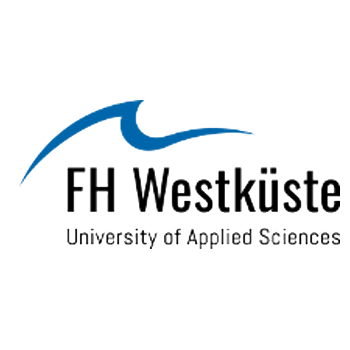
Founded: 1993
Address: Fritz-Thiedemann-Ring 20 - Schleswig-Holstein, Germany
Phone: +49 481 85550
Address: Fritz-Thiedemann-Ring 20 - Schleswig-Holstein, Germany
Phone: +49 481 85550
Here you find out University of Applied Sciences West Coast complete information about fees, location, degree University of Applied Sciences West Coast offers, number, website, and much more. University of Applied Sciences West Coast is a leading university in Schleswig-Holstein - Germany.
You can also find out jobs at University of Applied Sciences West Coast for students, teachers, and professors. We also update the database for an internship at University of Applied Sciences West Coast for students.
The West Coast University of Applied Science (FHW) was founded in 1993 at the initiative of farsighted entrepreneurs and politicians in the region. It started operating in rented room and was able to bid its first graduates farewell in 1997.
The 2000, the University moved into its newly constructed building in the east of Heide. In 2008 there were about 400 freshmen students so that in 20...09 there were already around 1,200 students enrolled at the FHW. Within the framework of the Higher Education Pact, the FHW has taken the largest package of potential students in the state. This has led to more than 1,500 students being enrolled for the start of the Winter Semester 2014/15. Brochure "20 Years FHW"
The FHW began the changeover to the new degree courses "Bachelor" and "Master"s" in 2004. Thus, our university was the first in Schleswig-Holstein to complete the Bologna Process.
At the same time, the FHW pushed for more internationalisation: Today, our university has contact to more than 20 universities ranging across all of the continents, giving it a very strong global position. This primarily benefits the students, but the West Coast region also profits.
On 28 February, the former Minister President of Schleswig-Holstein, Heide Simonis, among others, embedded a certificate in the foundations of the West Coast Uni during the ceremony for the laying of the cornerstone. This certificate programmatically formulates the regional-political aim behind the founding of the university as follows:
"From a regional-political point of view, the West Coast is gaining a new technological focal point for the promotion of technology transfer and the improvement of the competitiveness of enterprises in the region."
The FHW reaffirmed this goal in 2012 and signed a cooperation agreement with the four West Coast districts - Pinneberg, Steinburg, Dithmarschen and North Friesland - under the patronage of the Lower Elbe-West Coast Business Association. This contract describes in detail how the FHW has fulfilled its obligations and how the districts can help to promote "their" public university.
In a strategy process in 2014/2015, the members of the FHW updated their mission statement from 2001 and, with the joint signing of the target agreement with the state at the beginning of 2016, have also bindingly set their strategic orientation for the period 2016 – 2025. In doing so, the regional political mandate was also updated:
“From a regional political perspective, the FHW is an economic and technical focal point for the promotion of academic knowledge transfer. At the same time it is a higher education institution with the objective of improving the competitiveness of companies, institutions and other business entities in the western part of Schleswig-Holstein.” The further development of the FHW is defined by the target agreement with the State for the years 2009 - 2013.
"The West Coast University of Applied Science is particularly committed to a mutual exchange process with the business community, especially in the region Lower Elbe - West Coast. It intends to reinforce the emphasis it has place on Management and Tourism in the Commercial Faculty and Automation and Electronics in the Technical Faculty. Furthermore, it will continue to expand the interdisciplinary course Management and Technology over the coming years and adapt it to meet the changing conditions that companies are facing.
It was 1985 when businesses in the Dithmarschen and Nord Friesland Districts produced the so-called "West Coast Paper" under the auspices of the Chamber of Commerce (IHK) in Flensburg. A central demand was: the establishment of a branch of the Flensburg University of Applied Science on the structurally weak West Coast.
Two years later, the Dithmarschen District declared the founding of a University of Applied Science (UAS) to be a strategic development objective; the District Administrator, Hans-Jakob Tiessen subsequently entered into negotiations with the Vice-Chancellor"s office of the Flensburg University of Applied Science concerning the establishment of a local branch of the university. On 4 January, 1988, Prof. Dr. Hans Mueller von der Haegen (Flensburg UAS) finally presented a concept for a university location Heide/West Coast. Almost one year later, the Senate of his university formally decided on a university development plan that actually called for the founding of a branch of the Flensburg UAS in Heide. In addition the Township of Heide set the course for the university"s establishment by having the Magistrate set aside a convenient, sufficiently large block of land in the east of Heide for the purpose of settling the UAS.
11 September 1991 is seen as a milestone in the history of the FHW, as on this day the State Government decided to found a University of Applied Sciences on the West Coast with the long-term aim of providing 1000 study places, with 500 study places being created in the initial establishment phase. At the same time the Cabinet declared Heide to be the location of the new university.
The constituent meeting of the founding committee, consisting of external experts and members of the Flensburg UAS, was opened by State Secretary, Dr. Peter Kreyenberg on 19 May 1992. The tender for the first four professors was placed in the weekly newspaper "Die Zeit" half a year later.
Finally, on 20 September 1993, the time had come: the study programs began for 66 freshmen in Business Administration, Electrical Engineering and Mechanical Engineering. The FHW began its operation in rental rooms in Rungholt Straße, before it was able to move into its new building in Fritz-Thiedemann-Ring 20 in September 2000.
Since then the FHW has been growing constantly and has been able to use small setbacks to give itself a boost forward. In 2002, Mechanical Engineering had to be moved to Flensburg UAS because of a decision by the state to consolidate courses. However, its removal led to promising new course programs emerging: Management and Technology, International Tourism Management, and Economics and Law.
In addition, the FHW was the first university in the state to convert to the Bachelor and Master"s degrees. The courses Environmental Building System Technology and Business Psychology were added in 2011 within the framework of the Higher Education Pact. The Summer Semester 2016 marks the start of a new part-time online master"s degree program in Tourism Management (OMT) aimed at professionals. The distance education offer is location independent and can be flexibly studied either as a full-time or part-time student. Moreover, even individual modules can be taken as certificate courses - independent of a course of study.
Universities, due to statutory requirements and as institutions of the state, are integrated into a variety of control measures of the state parliament and the state government. In particular, § 3 of the Higher Education Act lays out the duties of the universities in a form that corresponds to the “Mission Statement” of classical management theory. The state government leads universities through the use of target agreements and then reports to the parliament on the achievement of targets and indicators. However, the universities do possess a certain amount of creative leeway which they are able to use for achieving their own objectives.
For this reason, in 2014 the FHW initiated a democratic decision-making process within the university which will be completed in 2016 in accordance with the new State Higher Education Act and the extension of the target agreements to 2019. Essential statements concerning the profile and what the FHW offers, study and work at the FHW, research and knowledge transfer, internationalisation and implementation of the strategy are all affected by this.
You can also find out jobs at University of Applied Sciences West Coast for students, teachers, and professors. We also update the database for an internship at University of Applied Sciences West Coast for students.
The West Coast University of Applied Science (FHW) was founded in 1993 at the initiative of farsighted entrepreneurs and politicians in the region. It started operating in rented room and was able to bid its first graduates farewell in 1997.
The 2000, the University moved into its newly constructed building in the east of Heide. In 2008 there were about 400 freshmen students so that in 20...09 there were already around 1,200 students enrolled at the FHW. Within the framework of the Higher Education Pact, the FHW has taken the largest package of potential students in the state. This has led to more than 1,500 students being enrolled for the start of the Winter Semester 2014/15. Brochure "20 Years FHW"
The FHW began the changeover to the new degree courses "Bachelor" and "Master"s" in 2004. Thus, our university was the first in Schleswig-Holstein to complete the Bologna Process.
At the same time, the FHW pushed for more internationalisation: Today, our university has contact to more than 20 universities ranging across all of the continents, giving it a very strong global position. This primarily benefits the students, but the West Coast region also profits.
On 28 February, the former Minister President of Schleswig-Holstein, Heide Simonis, among others, embedded a certificate in the foundations of the West Coast Uni during the ceremony for the laying of the cornerstone. This certificate programmatically formulates the regional-political aim behind the founding of the university as follows:
"From a regional-political point of view, the West Coast is gaining a new technological focal point for the promotion of technology transfer and the improvement of the competitiveness of enterprises in the region."
The FHW reaffirmed this goal in 2012 and signed a cooperation agreement with the four West Coast districts - Pinneberg, Steinburg, Dithmarschen and North Friesland - under the patronage of the Lower Elbe-West Coast Business Association. This contract describes in detail how the FHW has fulfilled its obligations and how the districts can help to promote "their" public university.
In a strategy process in 2014/2015, the members of the FHW updated their mission statement from 2001 and, with the joint signing of the target agreement with the state at the beginning of 2016, have also bindingly set their strategic orientation for the period 2016 – 2025. In doing so, the regional political mandate was also updated:
“From a regional political perspective, the FHW is an economic and technical focal point for the promotion of academic knowledge transfer. At the same time it is a higher education institution with the objective of improving the competitiveness of companies, institutions and other business entities in the western part of Schleswig-Holstein.” The further development of the FHW is defined by the target agreement with the State for the years 2009 - 2013.
"The West Coast University of Applied Science is particularly committed to a mutual exchange process with the business community, especially in the region Lower Elbe - West Coast. It intends to reinforce the emphasis it has place on Management and Tourism in the Commercial Faculty and Automation and Electronics in the Technical Faculty. Furthermore, it will continue to expand the interdisciplinary course Management and Technology over the coming years and adapt it to meet the changing conditions that companies are facing.
It was 1985 when businesses in the Dithmarschen and Nord Friesland Districts produced the so-called "West Coast Paper" under the auspices of the Chamber of Commerce (IHK) in Flensburg. A central demand was: the establishment of a branch of the Flensburg University of Applied Science on the structurally weak West Coast.
Two years later, the Dithmarschen District declared the founding of a University of Applied Science (UAS) to be a strategic development objective; the District Administrator, Hans-Jakob Tiessen subsequently entered into negotiations with the Vice-Chancellor"s office of the Flensburg University of Applied Science concerning the establishment of a local branch of the university. On 4 January, 1988, Prof. Dr. Hans Mueller von der Haegen (Flensburg UAS) finally presented a concept for a university location Heide/West Coast. Almost one year later, the Senate of his university formally decided on a university development plan that actually called for the founding of a branch of the Flensburg UAS in Heide. In addition the Township of Heide set the course for the university"s establishment by having the Magistrate set aside a convenient, sufficiently large block of land in the east of Heide for the purpose of settling the UAS.
11 September 1991 is seen as a milestone in the history of the FHW, as on this day the State Government decided to found a University of Applied Sciences on the West Coast with the long-term aim of providing 1000 study places, with 500 study places being created in the initial establishment phase. At the same time the Cabinet declared Heide to be the location of the new university.
The constituent meeting of the founding committee, consisting of external experts and members of the Flensburg UAS, was opened by State Secretary, Dr. Peter Kreyenberg on 19 May 1992. The tender for the first four professors was placed in the weekly newspaper "Die Zeit" half a year later.
Finally, on 20 September 1993, the time had come: the study programs began for 66 freshmen in Business Administration, Electrical Engineering and Mechanical Engineering. The FHW began its operation in rental rooms in Rungholt Straße, before it was able to move into its new building in Fritz-Thiedemann-Ring 20 in September 2000.
Since then the FHW has been growing constantly and has been able to use small setbacks to give itself a boost forward. In 2002, Mechanical Engineering had to be moved to Flensburg UAS because of a decision by the state to consolidate courses. However, its removal led to promising new course programs emerging: Management and Technology, International Tourism Management, and Economics and Law.
In addition, the FHW was the first university in the state to convert to the Bachelor and Master"s degrees. The courses Environmental Building System Technology and Business Psychology were added in 2011 within the framework of the Higher Education Pact. The Summer Semester 2016 marks the start of a new part-time online master"s degree program in Tourism Management (OMT) aimed at professionals. The distance education offer is location independent and can be flexibly studied either as a full-time or part-time student. Moreover, even individual modules can be taken as certificate courses - independent of a course of study.
Universities, due to statutory requirements and as institutions of the state, are integrated into a variety of control measures of the state parliament and the state government. In particular, § 3 of the Higher Education Act lays out the duties of the universities in a form that corresponds to the “Mission Statement” of classical management theory. The state government leads universities through the use of target agreements and then reports to the parliament on the achievement of targets and indicators. However, the universities do possess a certain amount of creative leeway which they are able to use for achieving their own objectives.
For this reason, in 2014 the FHW initiated a democratic decision-making process within the university which will be completed in 2016 in accordance with the new State Higher Education Act and the extension of the target agreements to 2019. Essential statements concerning the profile and what the FHW offers, study and work at the FHW, research and knowledge transfer, internationalisation and implementation of the strategy are all affected by this.
Read More
Details:
LeaderShip:
Fees:
Time:
Phone Number: +49 481 85550
City: Schleswig-Holstein
Fees:
Time:
Phone Number: +49 481 85550
City: Schleswig-Holstein
Timing:
Country: Germany
Staff:
Website: http://en.fh-westkueste.de
Country: Germany
Staff:
Website: http://en.fh-westkueste.de
Subjects:
Jobs in University of Applied Sciences West Coast
Currently, there is no job opening in University of Applied Sciences West Coast as per our database.

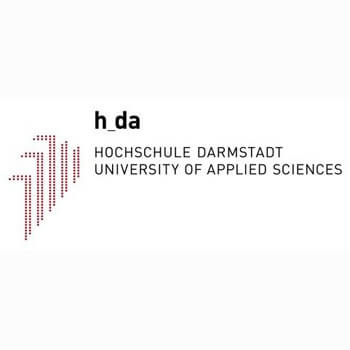
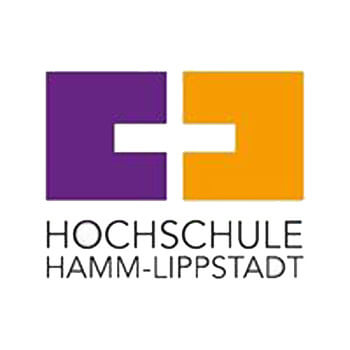
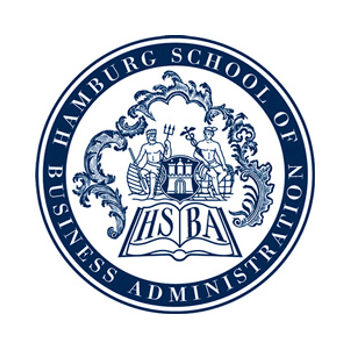
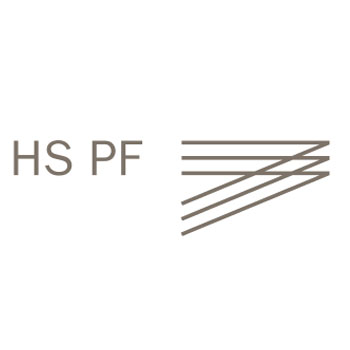
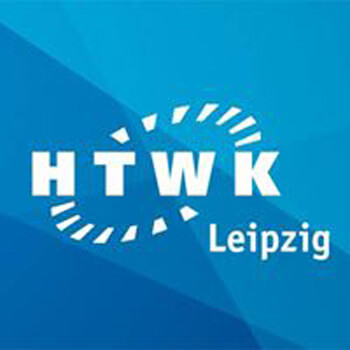

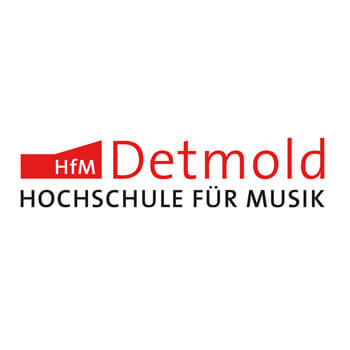
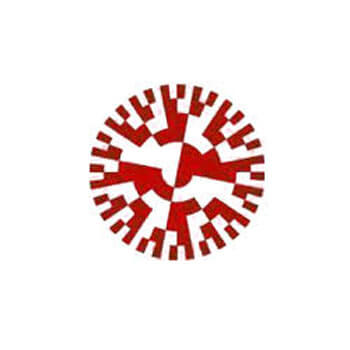









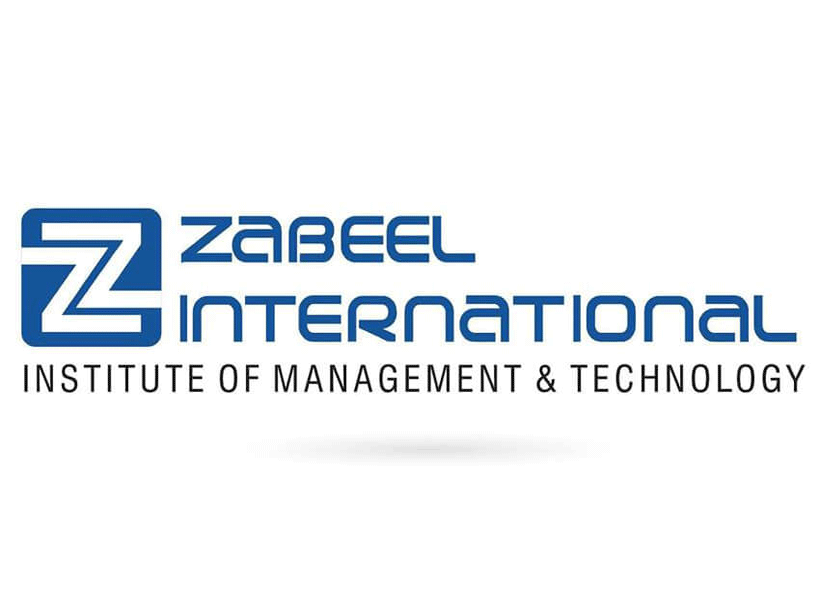
Leave a Reply